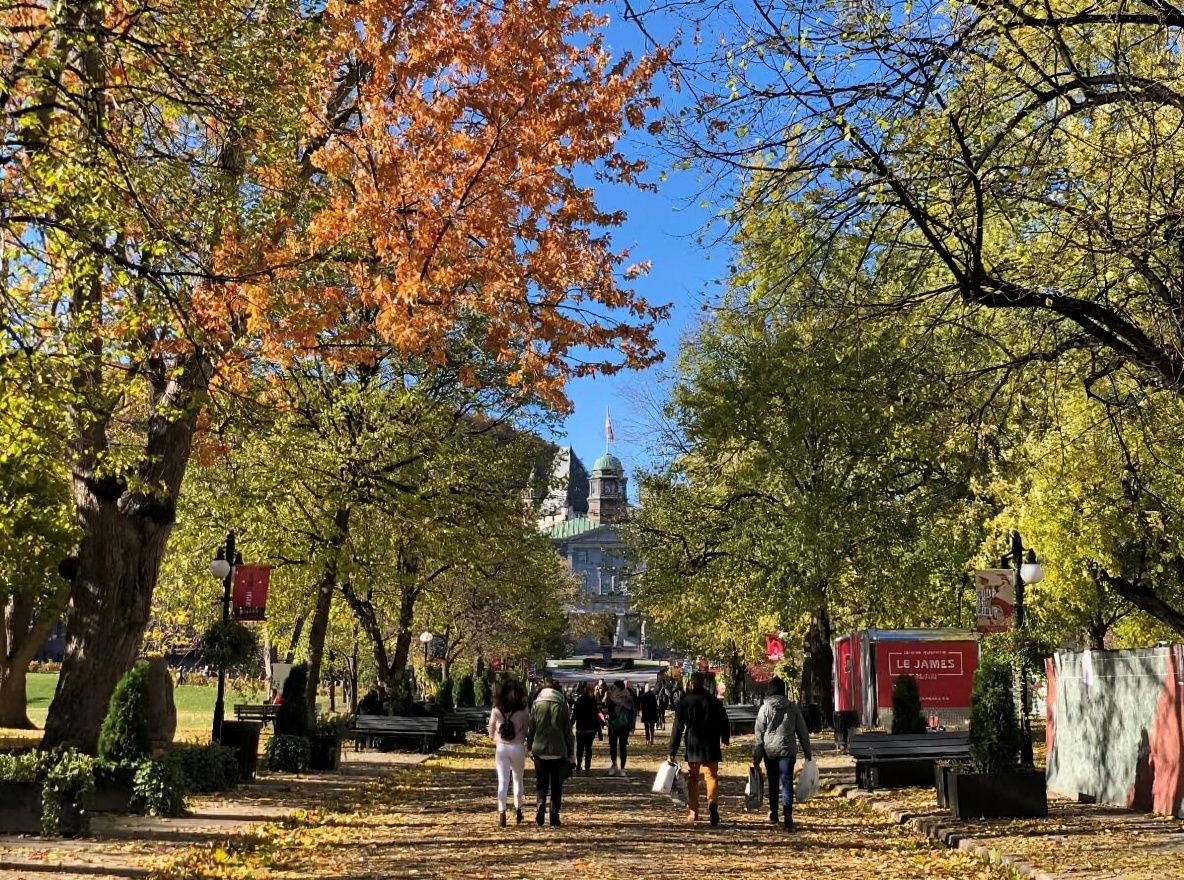
The 2022 academic year is looming, and it’s time to check whether you need a Canada study permit if you’re headed to the Great White North. Preparing for your Canada study permit applications early won’t hurt, especially with the ongoing pandemic affecting processing times. Here are some essential information for international students that you need to consider before putting in your application to study in Canada:
How does the emergence of Omicron affect my Canada study permit application?
At the application stage, you will not be assessed for COVID-19 vaccinations. If you’re cleared to enter Canada with a study permit, you will need to be aware that new changes have taken effect since the Omicron COVID-19 variant has been detected in Canada. A travel ban is now in place, so students from a listed country with Canadian COVID-19 Omicron restrictions will not be able to enter Canada until otherwise stated for the time being.
You must also qualify as a fully-vaccinated traveller, and the Canadian government has listed accepted vaccines on its website for the purpose of travel within and outside of Canada. You will need to ensure that your completed dose is accepted for entry before making travel plans.
Canada study permit and student visa — are they one and the same?
Technically, Canada issues international students a Canadian study permit which allows you study, stay and obtain a Social Insurance Number to work in Canada, as long as your status as a student in a designated learning institution (DLI) is valid. Your study permit is not a visa; it doesn’t let you to enter Canada.
You may also need a visitor visa or an electronic travel authorization (eTA). “If we approve your study permit, we’ll issue one to you with your study permit,” said the government.

Where can I apply for a Canada study permit?
The application is done online, whether you’re in or out of Canada. It costs 150 Canadian dollars per application. If you’re unable to complete an electronic application due to disabilities or problems with online applications, you may submit the form on paper.
What documents do I need to apply for a Canada study permit?
In short, the three most important documents that you need for a Canada study permit are:
- Your proof of acceptance from a DLI. As an international student, your DLI must have an approved COVID-19 readiness plan for you to be eligible for the study permit. You will need to provide an electronic or original copy of your offer letter in your application.
- Your proof of identity. This can either be a valid passport or travel document. You will also need two recent passport-sized photos with your name and date of birth written at the back of the photographs.
- Your proof of financial support. You must provide evidence that you can financially support yourself and the family members who come with you for the duration of your studies. You can find out more about the financial documents and minimum funds needed here.
Additional documents might be required depending on your situation, and if you’re studying in Quebec for more than six months, you will also need a certificat d’acceptation du Québec (CAQ).
You can check the full list of documents for a Canada study permit application here.
How long is the processing time for a Canada study permit?
Due to COVID-19 travel restrictions and concerns surounding the virus, Immigration, Refugees and Citizenship Canada cannot process visa and study permit applications normally. Priority is currently given to those who are exempt from travel restrictions, so your completed application could take months before you hear a decision.
If you have to undergo a medical exam and provide biometrics, you want to be sure that all these documents are submitted ahead of time to clear all paperwork accordingly before looking into travel plans to enter Canada.
Once your application is complete, you can check the progress here.
Is there a faster way to get my Canada study permit?
Some international students can apply for an expedited Canada study permit through the Student Direct Stream (SDS) programme, a new initiative launched to increase efficiency in processing study permit applications. Residents of the following countries are eligible for the SDS programme: Antigua and Barbuda, Brazil, China, Colombia, Costa Rica, India, Morocco, Pakistan, Peru, Philippines, Senegal, St. Vincent and the Grenadines, Trinidad and Tobago, and Vietnam.
Canada aims to process all SDS applications within 20 calendar days, so it’s worth checking the programme out if you’re eligible. You can read more about applying for the SDS programme here.










